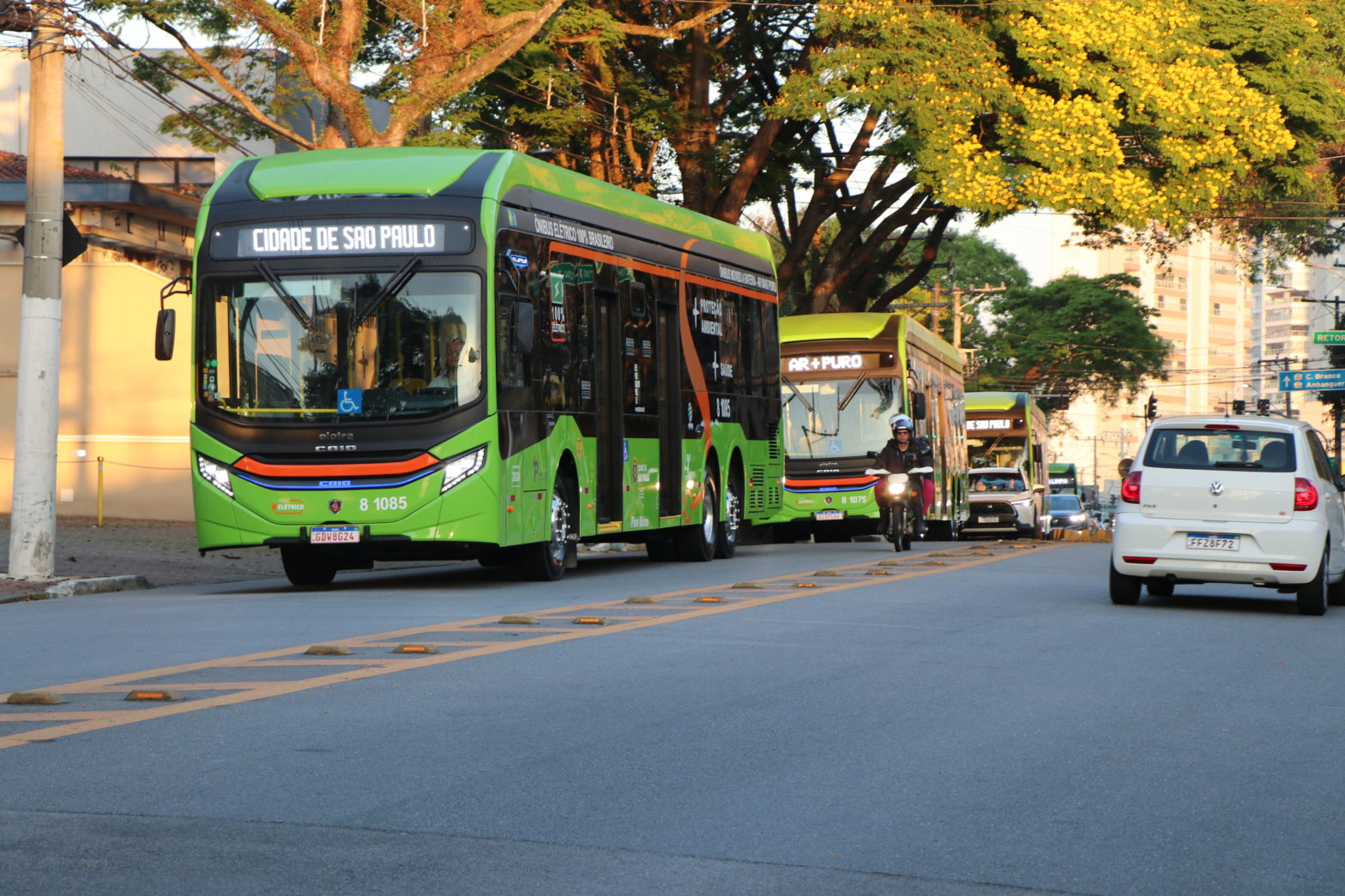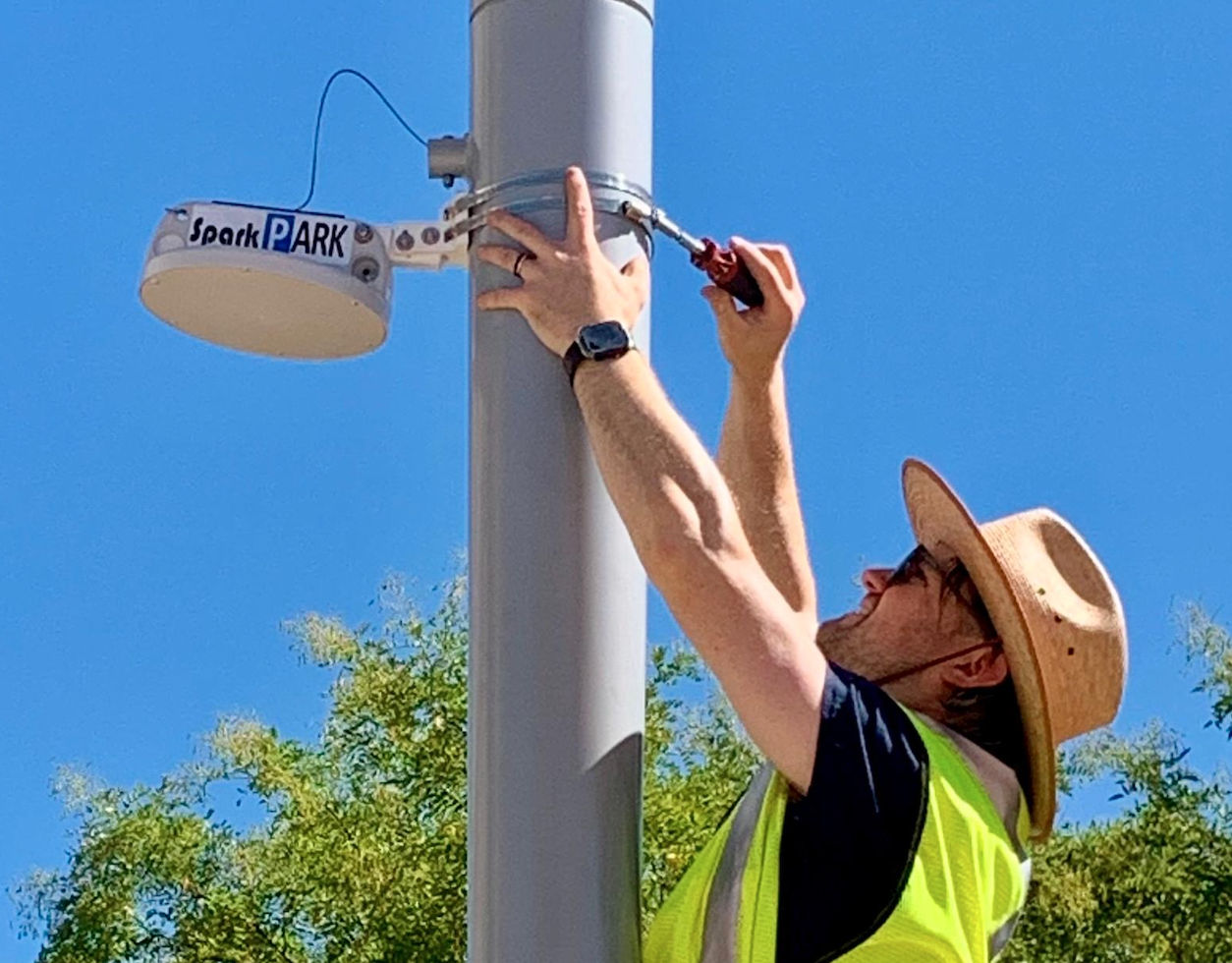
Latin America leads global electric bus transition
14 October 2025
by William Thorpe
Cities including São Paulo, Santiago, and Bogotá are driving one of the world’s fastest shifts to clean public transport, investing more than US$4.3 billion in electric bus fleets, together accounting for almost 75 percent of the region’s total investment.
The figures are revealed in a new report from the Zero Emission Bus Rapid-deployment Accelerator (ZEBRA) Partnership which tracks the growth of electric mobility across Brazil, Chile, Colombia, and Mexico. Since ZEBRA’s launch in 2019, the number of electric buses operating in Latin America has risen from just 1,363 to more than 7,000, marking one of the fastest transitions to zero-emission fleets anywhere in the world.
“With the growing fleets of electric buses on the streets, we are confident that securing financing for zero-emission bus projects is a key element in expanding the potential for fleet electrification across the region in the coming years,” said Claire Markgraf, Director of the City Finance Programme at C40 Cities.
Some of the world’s most influential financiers are backing the move, including the Brazilian Development Bank (BNDES), the World Bank, BNP Paribas, Société Générale, and the Inter-American Development Bank (IDB). On the equity side, VG Mobility, Enel X, Infrabridge, Kaufmann, and John Laing together represent nearly 80 percent of all equity investments in the sector.
Co-led by C40 Cities and the International Council on Clean Transportation (ICCT) and funded by the ClimateWorks Foundation, the ZEBRA Partnership works to remove political, technical, and financial barriers to bus electrification. It is now expanding its efforts beyond major capitals to medium and small cities, in collaboration with the governments of Brazil, Chile, Colombia, and Mexico.
“We believe that the transition toward more sustainable mobility is fundamental for the future of Brazilian cities,” Pedro Henrique Marques, Head of the Urban Mobility Department at BNDES. “That’s why, since 2023, BNDES has approved US$727 million for the acquisition of 1,700 electric buses, directly contributing to emission reductions in public transport. This investment has positioned BNDES as the largest financier of electric buses in Latin America, with a 12 percent market share.”
Beyond cutting emissions, the shift is delivering quieter, safer, and more reliable transport–bringing communities across the region closer to jobs, education, and opportunity.
The next challenge is extending these benefits beyond major capitals. To support medium and small cities, the ZEBRA Partnership is working with national governments in Brazil, Chile, Colombia, and Mexico.
Image: C40 Cities












